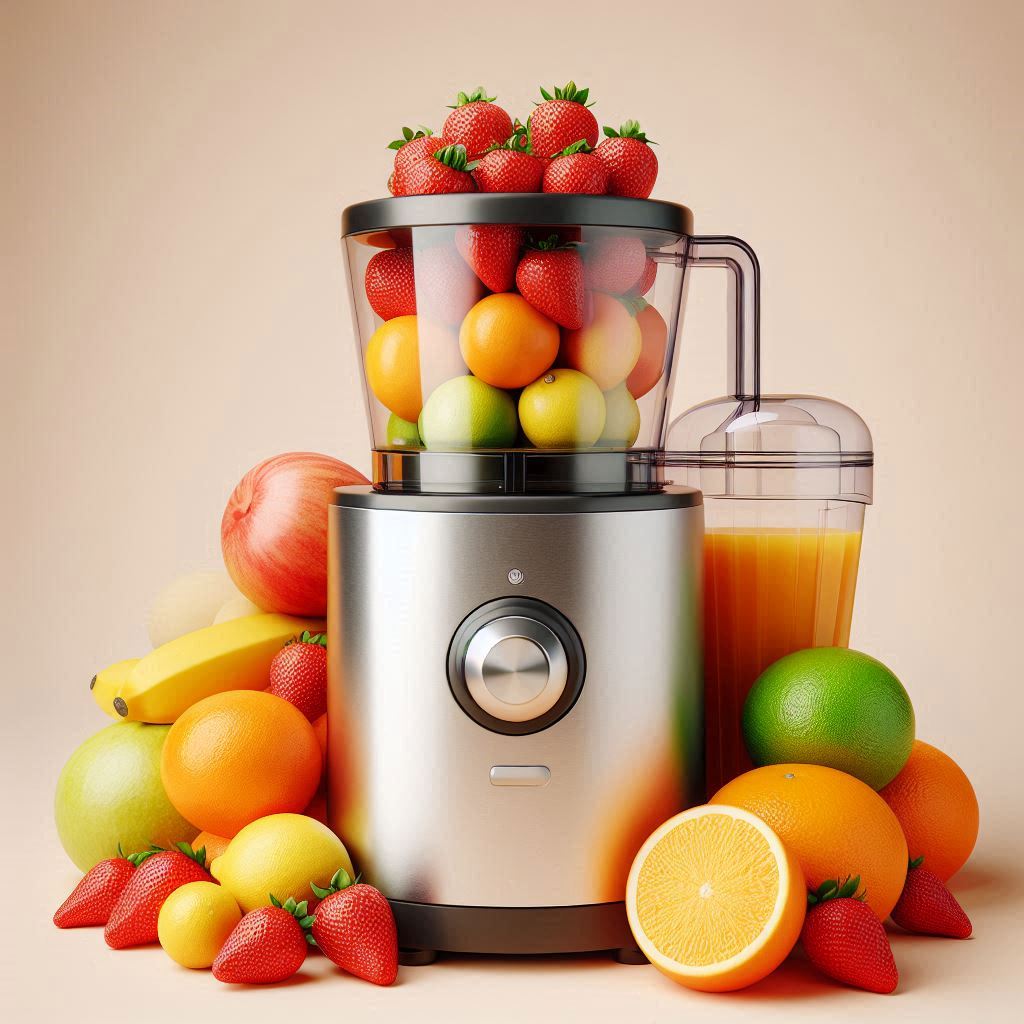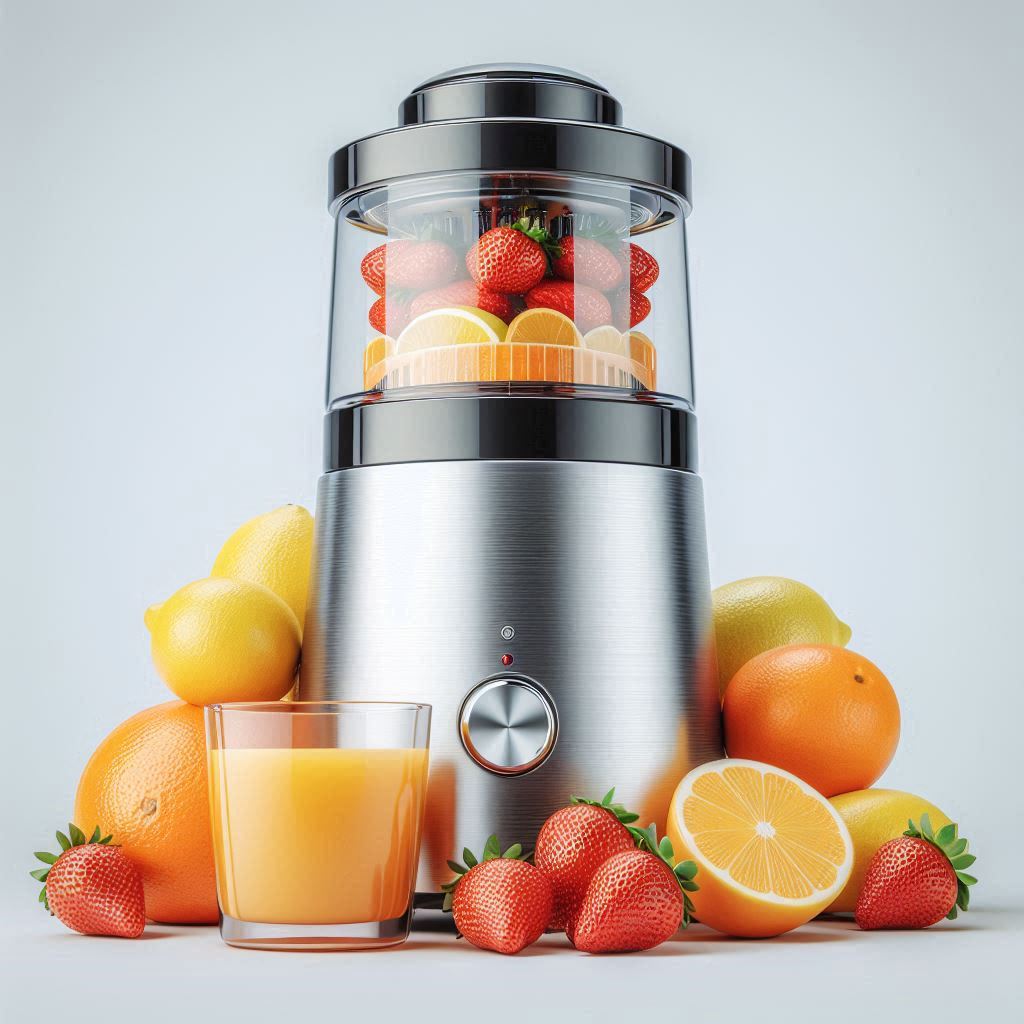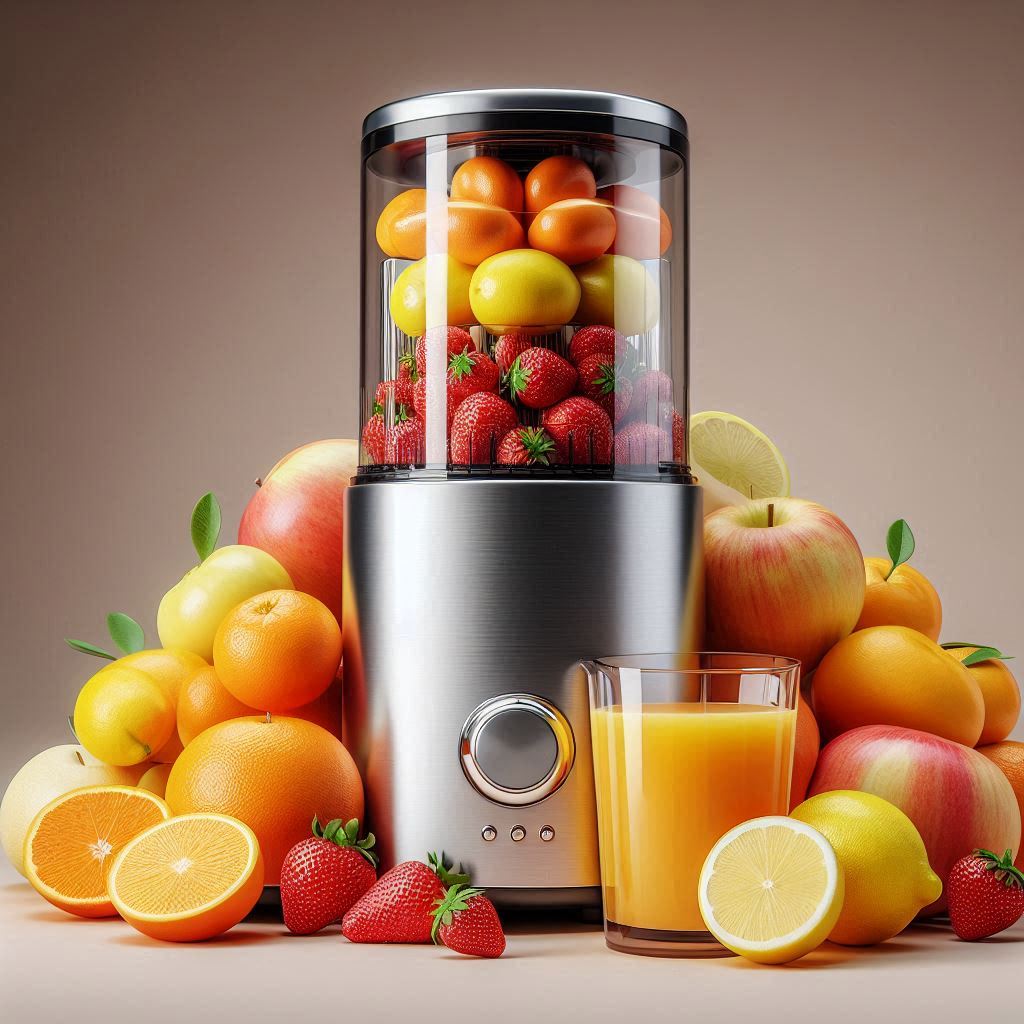MLCC for Electric Juicer

Electric juicers have become a staple in modern kitchens, providing a quick and convenient way to enjoy fresh juices at home. These appliances rely on various electronic components to function efficiently, one of which is the Multilayer Ceramic Capacitor (MLCC). MLCCs play a crucial role in ensuring the performance, reliability, and longevity of electric juicers. This blog delves into the importance of MLCCs in electric juicers, their benefits, and how they contribute to the overall functionality of these popular kitchen gadgets.

Understanding MLCCs
Multilayer Ceramic Capacitors (MLCCs) are passive electronic components used to store and release electrical energy in circuits. They consist of multiple layers of ceramic material, each separated by metal electrodes. The primary functions of MLCCs include filtering, decoupling, and bypassing electrical signals, making them essential for various electronic applications.
The Function of MLCCs in Electric Juicers
Electric juicers are complex devices that require precise electronic control to operate efficiently. MLCCs are integrated into the circuitry of electric juicers to perform several critical functions:
- Noise Filtering: MLCCs filter out electrical noise, ensuring smooth and stable operation of the juicer’s motor and electronic control systems.
- Voltage Regulation: They help stabilize voltage levels, preventing fluctuations that could damage sensitive electronic components.
- Energy Storage: MLCCs store and release electrical energy as needed, supporting the juicer’s motor during peak power demands.
- Signal Decoupling: They decouple different parts of the circuit, preventing interference between various electronic components.
Benefits of MLCCs in Electric Juicers
The inclusion of MLCCs in electric juicers offers several benefits:
- Enhanced Performance: By stabilizing voltage and filtering noise, MLCCs ensure the juicer operates at optimal performance, delivering consistent results.
- Increased Reliability: MLCCs protect sensitive electronic components from voltage spikes and fluctuations, reducing the risk of malfunctions and extending the lifespan of the juicer.
- Improved Efficiency: Efficient energy storage and release by MLCCs support the motor during high-demand operations, improving the overall efficiency of the juicer.
- Compact Design: MLCCs are compact and lightweight, allowing for more streamlined and space-efficient juicer designs without compromising performance.
Types of MLCCs Used in Electric Juicers
Several types of MLCCs are commonly used in electric juicers, each designed to meet specific requirements:
- High Capacitance MLCCs: These capacitors provide large capacitance values in a small package, ideal for energy storage and voltage regulation.
- High Voltage MLCCs: Designed to withstand high voltage levels, these MLCCs are used in circuits where voltage spikes are common.
- Low ESR MLCCs: These capacitors have low Equivalent Series Resistance (ESR), ensuring efficient energy transfer and minimal power loss.
- Temperature-Stable MLCCs: These MLCCs maintain stable performance across a wide range of temperatures, ensuring reliable operation in various environments.
Recommended MLCCs for Electric Juicers:
When choosing MLCCs for electric juicers, it’s crucial to select capacitors that meet the specific requirements of the application, including high capacitance, low ESR, and robust thermal stability. Two of the leading manufacturers of MLCCs, Yageo and Samsung, offer a range of capacitors that are well-suited for use in electric juicers. Below, we recommend some of their top products for this application.
Yageo MLCCs
1. Yageo CC Series (CC0402KRX7R9BB104)
- Capacitance: 0.1 µF
- Voltage: 50V
- Size: 0402
- Temperature Coefficient: X7R
- Features: This capacitor offers high capacitance in a compact size, making it ideal for filtering and voltage regulation in electric juicers. Its X7R temperature coefficient ensures stable performance across a wide range of temperatures.
2. Yageo CC Series (CC0603KRX7R9BB104)
- Capacitance: 0.1 µF
- Voltage: 50V
- Size: 0603
- Temperature Coefficient: X7R
- Features: Slightly larger than the 0402 version, this capacitor provides similar benefits with enhanced reliability and ease of handling during assembly.
3. Yageo CC Series (CC1206KKX7R0BB475)
- Capacitance: 4.7 µF
- Voltage: 25V
- Size: 1206
- Temperature Coefficient: X7R
- Features: With a higher capacitance value, this capacitor is suitable for energy storage applications, supporting the motor during peak power demands.
Samsung MLCCs
1. Samsung CL Series (CL05B104KB5NNNC)
- Capacitance: 0.1 µF
- Voltage: 50V
- Size: 0402
- Temperature Coefficient: X7R
- Features: This MLCC offers excellent noise filtering and voltage regulation capabilities, with stable performance across various temperatures, ideal for compact circuit designs in electric juicers.
2. Samsung CL Series (CL10B104KB8NNNC)
- Capacitance: 0.1 µF
- Voltage: 50V
- Size: 0603
- Temperature Coefficient: X7R
- Features: This capacitor provides reliable performance and is well-suited for decoupling and bypassing applications in the electronic circuits of electric juicers.
3. Samsung CL Series (CL21A475KOFNNNE)
- Capacitance: 4.7 µF
- Voltage: 16V
- Size: 0805
- Temperature Coefficient: X5R
- Features: With a higher capacitance value, this capacitor is designed for energy storage and supports the motor during high-demand operations. Its X5R temperature coefficient offers good stability and reliability.
Challenges and Solutions in MLCC Application
While MLCCs offer numerous benefits, their application in electric juicers also presents some challenges:
- Thermal Management: High operating temperatures can affect the performance and longevity of MLCCs. Effective thermal management solutions, such as heat sinks and ventilation, are essential.
- Capacitance Drift: Over time, MLCCs can experience capacitance drift due to aging and environmental factors. Regular monitoring and maintenance can mitigate this issue.
- Mechanical Stress: Vibration and mechanical stress during operation can lead to MLCC failure. Robust design and mounting techniques can enhance their durability.
Future Trends in MLCC Technology
The technology behind MLCCs continues to evolve, with several trends shaping their future application in electric juicers:
- Miniaturization: Advances in materials and manufacturing techniques are leading to smaller, more compact MLCCs, enabling even more streamlined appliance designs.
- Higher Capacitance Values: Ongoing research aims to increase the capacitance values of MLCCs, further enhancing their energy storage capabilities.
- Improved Temperature Stability: New materials and designs are being developed to improve the temperature stability of MLCCs, ensuring reliable performance in a wider range of conditions.
- Eco-Friendly Materials: There is a growing focus on using environmentally friendly materials in MLCC production, reducing their ecological impact.
Conclusion
MLCCs are indispensable components in electric juicers, playing a crucial role in ensuring their performance, reliability, and efficiency. As technology continues to advance, the capabilities of MLCCs are set to expand, offering even greater benefits for electric juicers and other electronic appliances. Understanding the importance of MLCCs and staying abreast of the latest trends can help manufacturers and consumers make informed decisions, ensuring the best possible performance from their electric juicers.

